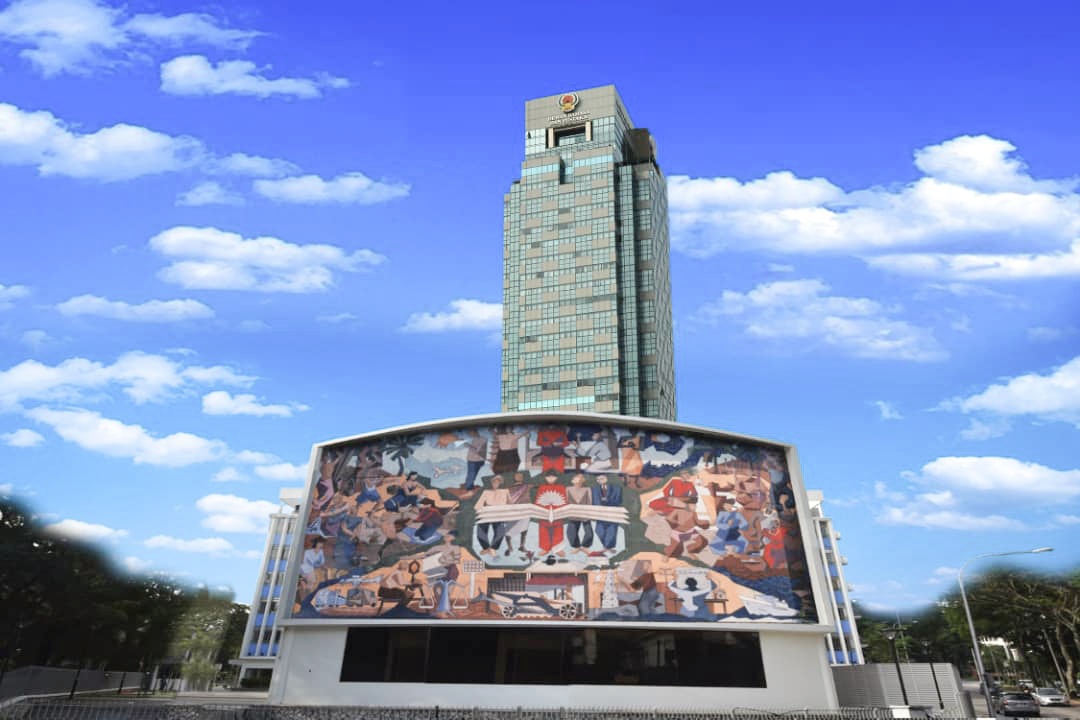“SAYA suka pisang katimbang epal.”
Wondering what I meant?
It is really concerning to observe the increasing usage of Indonesian dialectal words, such as “katimbang” and “peluncuran,” in contexts where clear and established Bahasa Malaysia terms already exist—namely, “daripada” and “pelancaran.”
This trend not only creates unnecessary confusion among readers and speakers of our national language but also risks eroding the respect and integrity of Bahasa Malaysia as a distinct and cohesive linguistic identity.
The adoption of regional dialects from Indonesia, in official or public usage, dilutes the standardisation of Bahasa Malaysia, leading to ambiguities that hinder effective communication.
For instance, “katimbang” is commonly used in regional Indonesian dialects and is not recognised in standard Bahasa Malaysia.
When such terms are introduced without context or clarification, they disrupt comprehension and force speakers to adapt to vocabulary that lacks familiarity and authenticity within the Malaysian linguistic landscape.
The consequences of integrating foreign dialects into our national language extend beyond mere confusion.
It signals a weakening commitment to the purity and development of Bahasa Malaysia as a unifying medium for Malaysians.
If left unchecked, this trend could lead to a gradual loss of linguistic identity, as locally established words are overshadowed by regional variations.
The consistent use of clear, standardised terms is crucial for maintaining Bahasa Malaysia’s integrity, especially in formal and educational settings.
In upholding Bahasa Malaysia, it is essential to prioritise widely accepted, standard vocabulary that resonates with all Malaysians.
We must carefully consider the long-term effects of borrowing regional dialects and strive to protect the unique structure and clarity of our language. – November 3, 2024
Prof Mohd Said Bani C. M. Din is a prolific communications practitioner and an advocate for linguistic integrity. He is a firm believer that our language deserves to shine in its purest form.

